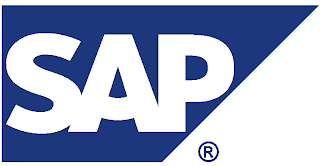
“We tend to think we can separate strategy from culture, but we fail to notice that in most organisations strategic thinking is deeply coloured by tacit assumptions about who they are and what their mission is.”
Edgar Schein
When enterprise resource planning software fails, it's usually because the company didn't dedicate enough time or money to training and managing culture-change issues.
"Faulty technology is often blamed, but eight out of nine times, ERP problems are performance-related," says Pat Begley, senior vice president of educational services at SAP, an ERP software company in Newtown Square, Pennsylvania.
When the technological problems are overcome by an SAP solution what happens to traditional processes and traditional behavior patterns and traditional organisational structures when those organisations suddenly have dramatically different views of what the world is likely to be like next week, next month, next quarter?
What happens when guesswork and catch up are no longer the norms?
What happens when all the people across the enterprise who should have access to these new insights gain that access?
Employees need appropriate training and a level of understanding so that they will support the ERP implementation and continue to support the use of the solution throughout its lifetime. Without employee commitment and dedication the solution is unlikely to become the backbone of the business and deliver on all the benefits of increased efficiency, productivity and reduced costs that they offer.
Early and constant communication is also critical to ease them through the transformation. Explain why you are implementing this tool and how it will make them more profitable or satisfied.
"End-users will want to know why they can't do it the old way," Begley says. "They need to know why the change was necessary and why management thinks it's important."
Your people are your main resource and core asset. They directly influence the value of any additional assets such as ERP software your company acquires or implements and are critical to strategic success.














